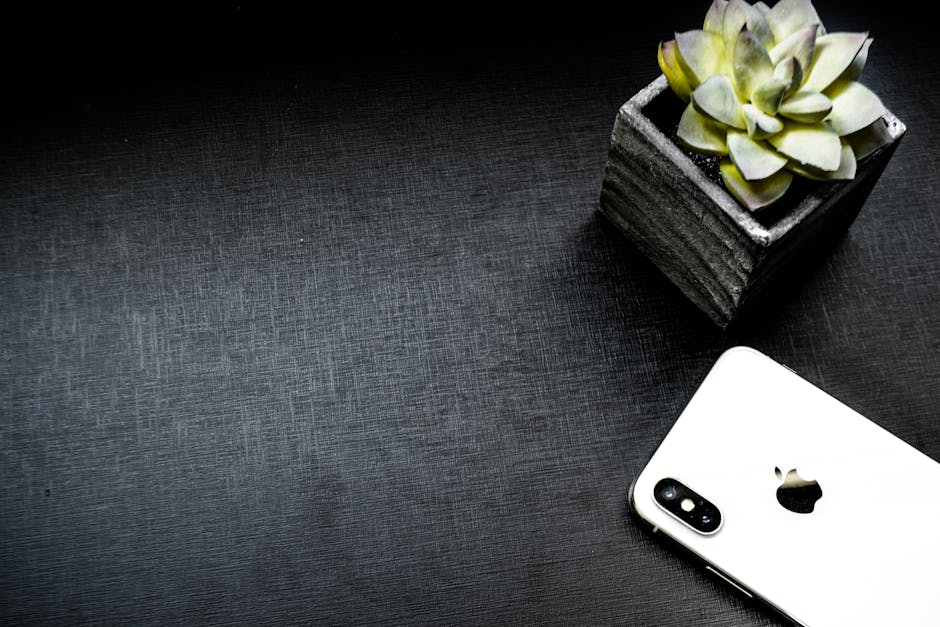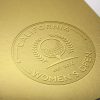
Welcome to the world of logos, where beauty is not just in the eye of the beholder, but also in the golden ratio. That’s right, folks, we’re about to dive into the mathematical magic that makes some logos oh-so-irresistible. So grab your protractor and power up your calculator, because we’re going on a golden ratio adventure through the wild world of logo design. Get ready to unveil the secrets behind some of the most captivating logos out there – and maybe even discover a little beauty within yourself along the way.
Understanding the Golden Ratio
The Golden Ratio is like the perfect symmetry of a pizza: it just makes everything better. This magical number, approximately equal to 1.618, has been revered by artists, architects, and mathematicians for centuries. But what exactly is this mysterious ratio?
Picture this: you take a line and divide it into two sections so that the ratio of the whole line to the longer section is the same as the ratio of the longer section to the shorter section. Mind blown, right? That’s the Golden Ratio at work, creating harmony and balance in everything from art to nature.
So where can you find this golden nugget of beauty in the real world? Everywhere! From the swirl of a seashell to the petals of a flower, the Golden Ratio is nature’s way of keeping things looking oh-so-pretty. Even your face might be rocking the Golden Ratio without you even realizing it!
Next time you’re feeling a little unbalanced, just remember the Golden Ratio is here to save the day. Embrace this divine proportion and watch as your life becomes more aesthetically pleasing than ever before. Who knew math could be so fabulous?

A Brief History of the Golden Ratio
Long ago, in a world where math was cool and not just something you failed in high school, there existed a magical number known as the Golden Ratio.
This mystical ratio, also known as Phi, gave birth to all sorts of beautiful shapes and designs. From the pyramids of Egypt to the Parthenon in Greece, the Golden Ratio was the OG influencer of architecture and art.
Even Mother Nature couldn’t resist the allure of the Golden Ratio. It popped up everywhere, from the dimensions of seashells to the spiral of a galaxy. Phi was basically the Beyoncé of the mathematical world.
Throughout history, artists and architects have worshipped at the altar of the Golden Ratio, using it to create masterpieces that would stand the test of time. So the next time you see a breathtaking piece of art or architecture, remember to bow down to the mighty Phi.
 Mathematics and Aesthetics“>
Mathematics and Aesthetics“>
The Connection between Mathematics and Aesthetics
Have you ever stopped to consider the beautiful relationship between mathematics and aesthetics? It’s like a match made in geometric heaven! Here are a few reasons why these two seemingly different disciplines actually have a lot in common:
First of all, both mathematics and aesthetics involve patterns. Whether it’s the Fibonacci sequence in nature or the golden ratio in art, patterns are everywhere in both fields. It’s like they’re playing a game of hide and seek, but we know they’re always there, just waiting to be discovered.
Secondly, both mathematics and aesthetics require precision and attention to detail. Just like a painter meticulously creating a masterpiece, mathematicians carefully craft their equations and theorems to perfection. It’s all about finding that perfect balance and harmony – just like a symphony of numbers and shapes dancing together on a canvas.
Lastly, both mathematics and aesthetics can evoke a sense of beauty and wonder in those who appreciate them. Just think about the elegance of a well-crafted mathematical proof or the awe-inspiring beauty of a stunning piece of art. They both have the power to inspire, captivate, and even make us stop and ponder the magnificence of the world around us.

Examples of Famous Logos Using the Golden Ratio
Let’s take a closer look at some famous logos that are as classy as a well-cut tuxedo thanks to the Golden Ratio:
- Apple: The bitten apple logo has been pleasing our eyes for years, and it’s all thanks to the magical Golden Ratio. Its proportions are so perfect, you might just shed a tear of joy.
- Nike: The swoosh logo is not just a cool design, it’s a masterpiece of mathematical perfection. The Golden Ratio worked its magic here, making us all want to “Just Do It” in style.
- Twitter: The little blue bird is chirping happily thanks to the Golden Ratio. It’s like music to our eyes, tweeting out perfection in every tweet.
So, next time you see a logo that looks too good to be true, remember the Golden Ratio is the unsung hero behind all that perfection. It’s a mathematical wizard casting its spell on the design world, making everything just right.

How to Apply the Golden Ratio in Logo Design
So you want to create a logo that’s as aesthetically pleasing as a puppy snuggling a kitten? Well, buckle up, because we’re diving into the world of the Golden Ratio in logo design.
First things first, let’s talk about the basics of the Golden Ratio – also known as phi, divine proportion, or that fancy-schmancy Greek letter “Φ”. This magical number is approximately 1.618 and is found everywhere in nature, art, and even your favorite memes.
To apply the Golden Ratio in your logo design, you’ll want to follow these simple steps:
- Start with a basic shape, like a rectangle or circle, and divide it into sections using the Golden Ratio.
– Position key elements, like text or graphics, along these sections to create visual harmony and balance.
– Experiment with different sizes and placements until you find the perfect Golden Ratio sweet spot that makes your logo pop like a champagne cork on New Year’s Eve.
Remember, the Golden Ratio is more of a guideline than a strict rule, so feel free to get creative and bend the phi like Beckham. Just don’t go too crazy – we’re aiming for logo greatness, not abstract art that leaves people scratching their heads like a chimp solving a Rubik’s Cube.
Benefits of Using the Golden Ratio in Logo Design
When it comes to logo design, incorporating the Golden Ratio can make all the difference. This mathematical principle, also known as divine proportion, creates a sense of harmony and balance that can elevate your logo from good to great.
One of the main is that it creates a visually pleasing composition that draws the viewer’s eye in. By applying the ratio to elements such as size, positioning, and spacing, you can create a logo that not only looks aesthetically pleasing but also feels right.
Another advantage of using the Golden Ratio is that it gives your logo a timeless quality. Designs based on this ratio have been used for centuries and continue to be influential in the modern world. By tapping into this tried-and-true formula, you can ensure that your logo will stand the test of time.
So, why settle for a logo that’s just okay when you can use the Golden Ratio to create something truly extraordinary? With its ability to create harmony, balance, and timeless appeal, this mathematical principle is a secret weapon for any designer looking to create a logo that truly shines.
FAQs
Why is the Golden Ratio important in logo design?
Well, think of it like the secret ingredient in a recipe - it just makes everything better! The Golden Ratio is all about balance and harmony, and using it in logo design helps create visually appealing and memorable designs that catch the eye of your target audience.
How can I incorporate the Golden Ratio into my logo design?
First, you’ll need to channel your inner mathematician and do some calculations. Use the Golden Ratio formula to determine the ideal proportions for your logo elements. Then, adjust sizes and positions accordingly to achieve that perfect balance.
Does every successful logo use the Golden Ratio?
While not every successful logo strictly adheres to the Golden Ratio, many iconic logos have incorporated its principles. So, while it’s not a guaranteed recipe for success, using the Golden Ratio certainly doesn’t hurt when creating a logo that stands out.
What are some examples of logos that use the Golden Ratio?
Oh, we’ve got some classics for you! Think Apple, Twitter, and even National Geographic. These brands have all used the Golden Ratio to create logos that are not only instantly recognizable but also visually appealing.
Can I get away with not using the Golden Ratio in my logo design?
Of course, you can! But just remember, the Golden Ratio is like that friend who always gives you great advice – you might not always listen, but when you do, things tend to turn out pretty darn good.
Now go forth and design with divine proportions!
Thanks for delving into the golden world of the Golden Ratio in logo design with us. Remember, Phi is not just a Greek letter – it’s a design principle that can truly elevate your branding game to Olympian heights. So, grab your compass and start sketching out your next masterpiece. Who knows, maybe your logo will be the next Mona Lisa of graphic design!











